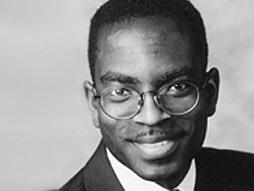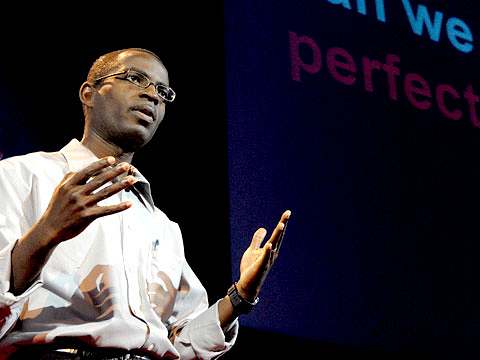We the Future: Talks from TED, Skoll Foundation and United Nations Foundation
We live in contentious times. Yet behind the dismaying headlines and social-media-fueled quarrels, people around the world — millions of them — are working unrelentingly to solve problems big and small, dreaming up new ways to expand the possible and build a better world. At “We the Future,” a day of talks at the TED […]
Continue reading
